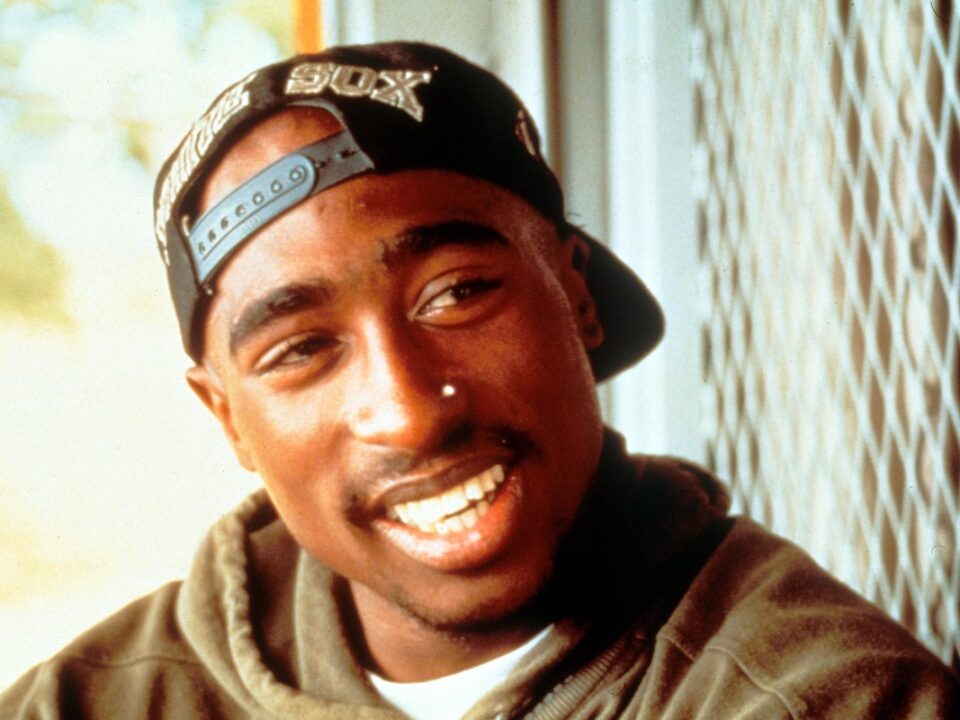Leila Steinberg, Tupac Shakur’s original manager, bemoaned the music industry’s financial exploitation of her friend in an interview with Allison Kugel. Steinberg specifically called out former Death Row Records boss Suge Knight, accusing him of maintaining a vise grip on the late rapper’s money in Tupac’s final years.
“I don’t think, I know Tupac was exploited financially,” Steinberg told Kugel. “I witnessed it. I witnessed the direction of his career and the power people that didn’t want to hear my voice or my resistance. I did choose to stop managing him, but I stayed close and there were people making a ton of money from the beginning of his career until the end of his career. Back then, if you were an artist in the early ‘90s, you got an eight to 12 point deal. Points are percentages (one point is equal to one percent), so if you look at a pie and you look at 100 percent, back then with CDs selling for $15, a piece and you sell a million, and he sold a lot more than that. Just look at the numbers. Let’s say he got 12 points. You pay your producer four of those 12, your manager. You really walk away with what? Four or five points of your 100. That was typical, and we’re still talking about the exploitation, primarily of people of color.”
She added, “Tupac did make some money, but he didn’t have access to it. At the end, Suge controlled all of it. Millions we made. Tupac did own some houses. He saw a million, but what’s a million? It’s crumbs. There were hundreds of millions made off of Tupac. There are people who own homes and property now off of Tupac money, and it’s not those of us that were there grinding and working.”
Steinberg believed Tupac never wanted to sign with Death Row but did so out of desperation. She said the decision ultimately cost him his life.
“The deal with Suge, you can’t come back from that,” Steinberg remarked. “He couldn’t just walk away. I don’t think he ever wanted in [Death Row]. He was in jail and desperate, and he made a move based on desperation. And he did not understand the cost or the consequence because he was dealing with real gangsters. He is not alive today because he was dealing with real gang members. That was not him. He thought he could do this deal, get out, give Suge these three records and have his freedom. It didn’t work that way. It was never going to work that way.”
Check out the entire interview with Steinberg below.
